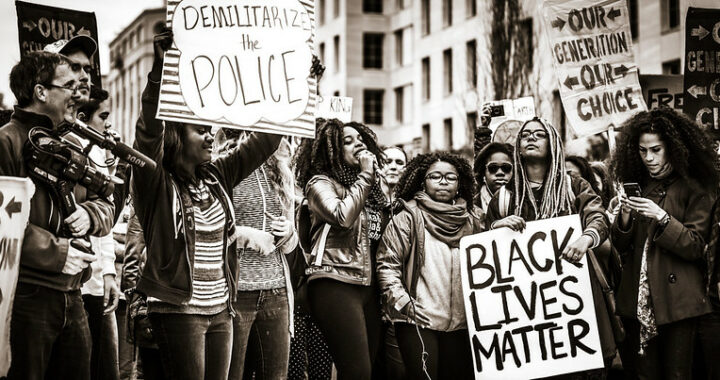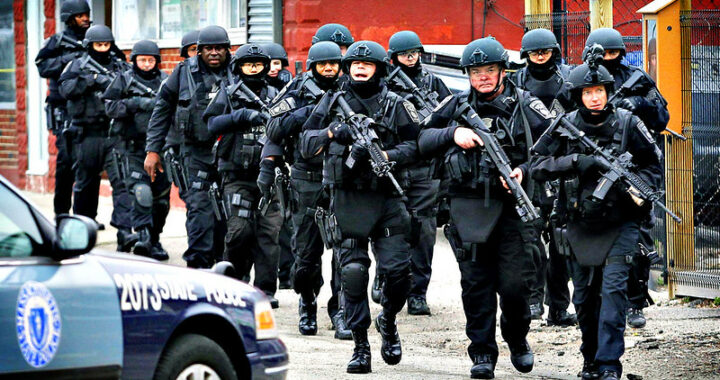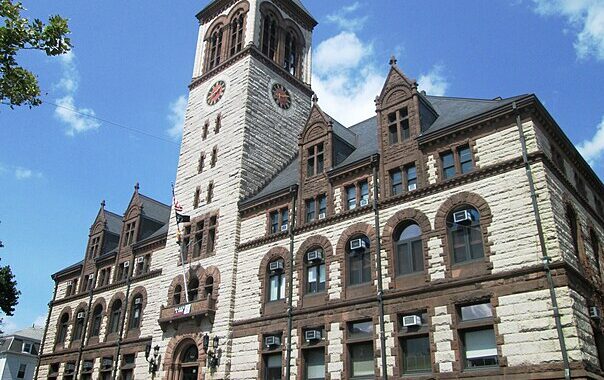A Brief History of the Black Lives Matter Movement
How a hashtag became a global movement for racial justice
by Patrick Wilson
The Black Lives Matter (BLM) movement is a decentralized political and social movement that seeks to highlight racism, discrimination, and racial inequality experienced by black people, and promote anti-racism. BLM regularly protests police killings of black people and broader issues of racial profiling, police brutality, and racial inequality in the United States criminal justice system.
The BLM movement began in 2013 with the use of the hashtag #BlackLivesMatter on social media, after the acquittal of George Zimmerman in the shooting death of African-American teen Trayvon Martin. The movement gained national attention in 2014 after the deaths of Michael Brown in Ferguson, Missouri, and Eric Garner in New York City. Brown and Garner were both unarmed black men who were killed by police.
The BLM movement has continued to grow and evolve in recent years. In 2020, the movement gained global attention after the death of George Floyd at the hands of police in Minneapolis, Minnesota. Floyd was also an unarmed black man who was killed by police.
The BLM movement has had a significant impact on American society. It has raised awareness of police brutality and racial injustice, and it has put pressure on policymakers to address these issues. The movement has also inspired a new generation of activists to fight for social justice.
Financial Controversy
The Black Lives Matter Global Network Foundation (BLMGNF) is the largest centralized organization associated with the Black Lives Matter movement. It is a 501(c)(3) nonprofit organization that was founded in 2013. The BLMGNF has been criticized for its lack of transparency about its finances. In 2021, the organization filed its first public tax return, which showed that it had raised more than $90 million in donations in 2020. However, the tax return did not provide a detailed breakdown of the organization’s expenses.
The BLMGNF has also been criticized for its purchase of a $6 million home in Los Angeles in 2020. The organization has said that the home will be used as a campus for a Black artists fellowship program. However, some critics have questioned whether the purchase was a wise use of donor funds.
In addition to the BLMGNF, there are many other local and regional Black Lives Matter organizations. These organizations are often independent of each other, and they have a variety of different financial structures. Some critics have argued that the decentralized nature of the Black Lives Matter movement makes it difficult to track the flow of money and to ensure that donor funds are used responsibly.
The Black Lives Matter movement has defended its financial practices. The BLMGNF has said that it is committed to transparency and accountability, and that it is working to improve its financial reporting practices. The movement has also said that it is committed to using donor funds to support the work of Black Lives Matter organizations around the country.
Despite the criticisms, the Black Lives Matter movement remains a powerful force for social change. The movement has raised awareness of police brutality and racial injustice, and it has put pressure on policymakers to address these issues. The movement has also inspired a new generation of activists to fight for social justice.
** This piece was created with the help of ai.



